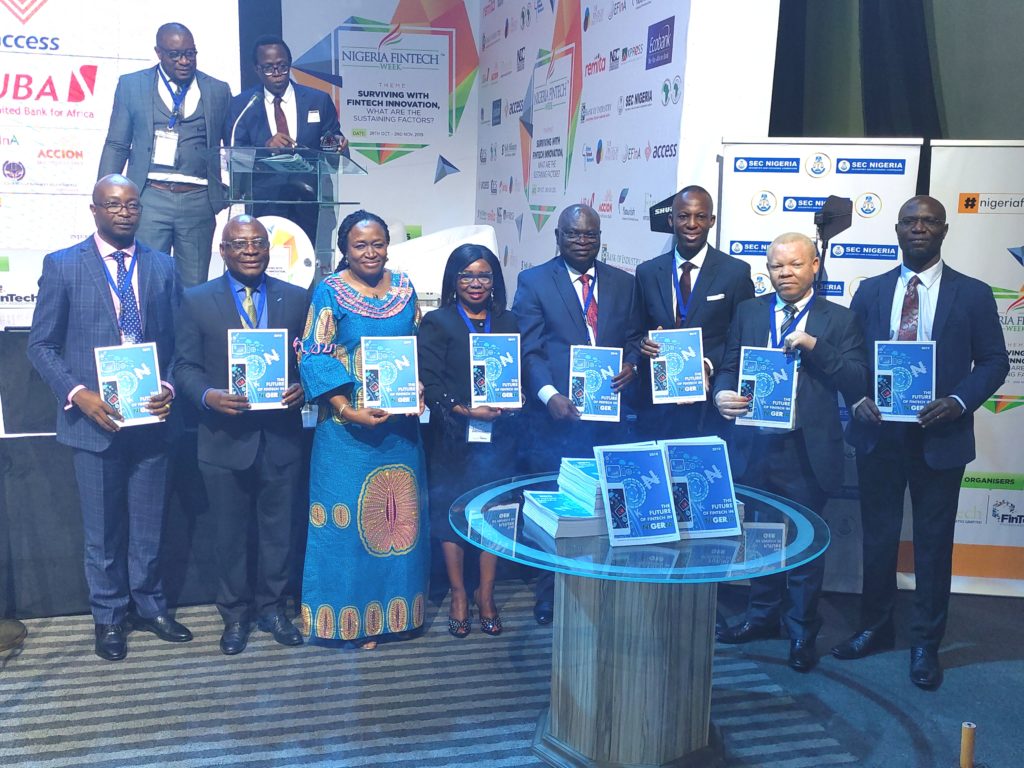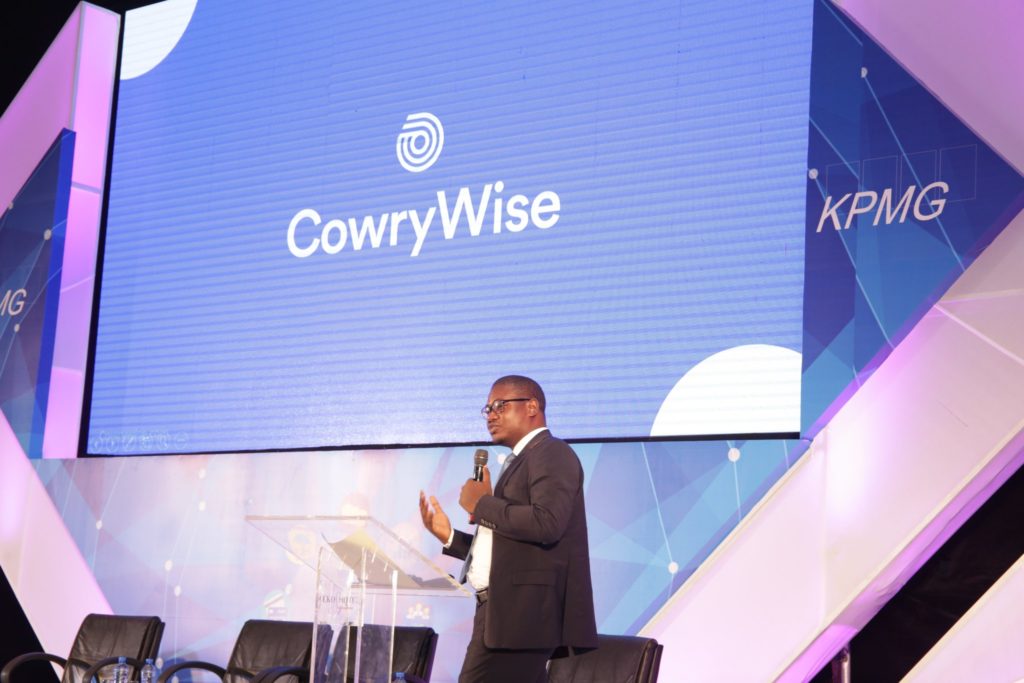For many young Nigerians and business owners, fintechs have made payments easier, lending quicker and wealth management more relatable. Collaborating with and competing against traditional financial institutions, relatively new companies like Paystack, Piggyvest and kwikmoney have experienced impressive user adoption, propelling financial inclusion at a rate arguably faster than at any other time in the past decade.
But sustainability in Nigeria’s fintech ecosystem will require existing and emerging financial services startups to have access to the Nigerian capital market. Fintechs should be able to raise capital by inviting long-term investments, trading equity-backed securities, government bonds and other financial assets available on the capital market. Also, fintechs can bring their modernizing prowess to improve access and efficiency in the capital market.
The Securities and Exchange Commission (SEC) appears to recognise this. In August 2018, they set up a committee to prepare a roadmap on the future of fintechs in Nigeria’s capital market. Key among the committee’s objectives was to develop regulations and design enabling initiatives for a thriving fintech industry, even as strong consumer protection frameworks are needed to foster public confidence in fintech companies.
The SEC’s committee, led by Ade Bajomo, Access Bank’s Executive Director for IT & Operations, unveiled its report at the first session of the 2019 Nigeria Fintech Week held this week in Lagos.

The report identifies a number of areas in the Nigerian capital market where fintechs can play roles, from developing trading technologies and creating access to market data, to facilitating easier registration of securities and operators. Fintechs could become entrusted with the technological aspects of the capital market’s operations, making the process for individuals and businesses to access the market seamless and more efficient.
On the other hand, Fintechs could deepen their market penetration and foster greater financial inclusion through the capital market when the SEC collaborates with other government agencies in the financial sector, the report says.
For example, the SEC should engage the CBN to streamline customer onboarding and “make BVN sufficient for opening accounts in the capital market, insurance, pension and credit space”.
With the National Insurance Commission (NAICOM), the SEC should advocate for fintechs to be “distribution channels for the promotion and sales of their products and services”
At a time when the Federal Inland Revenue Service seems intent on taxing Nigerians for every imaginable expenditure, the SEC’s report advises the government to consider aiding the fintech ecosystem by implementing “fiscal policies to provide tax breaks for institutions and individuals investing in start-ups and FinTechs”.
Another aspect of promoting innovation in the fintech industry requires financial institutions becoming open to making data-sharing APIs available. Such data could build on technologies like blockchain and artificial intelligence to spur yet-to-be-born fintech solutions in insurance, personal finance and public welfare programmes.
Just as the Open Banking Initiative is working on a framework for banks to make data available, fintechs will benefit if the SEC could get companies active in the capital market to commit to some form of data sharing agreements too.
This has to, of course, be checked and balanced by the SEC investing in regulation technologies to cater to consumer protection, privacy and fraud detection issues. Part of the need for fintech regulation is to incentivize operators to take consumer risks into account while supporting competition, according to Patrick Conteh, a former Governor of the Central Bank of Sierra Leone. Conteh was a keynote speaker at the Nigeria Fintech Week activities.
Also at Fintech Week 2019 was Aishah Ahmad, the Central Bank’s deputy governor for financial system stability. She challenged fintechs to engender a “responsible, inclusive and accountable” business environment.
The CBN is working on a regulatory sandbox to throw up meaningful regulation for the industry, Ahmad said. But she would want to see the industry self-regulate and help policymakers who do not want to stifle innovation.
Ahmad wants more established fintechs to think about ways of helping smaller players innovate and build resilience. Beyond extending the reach of their products to unbanked populations, she would have fintechs designing innovative identity management services and ensure gender inclusion in their product development processes.





















